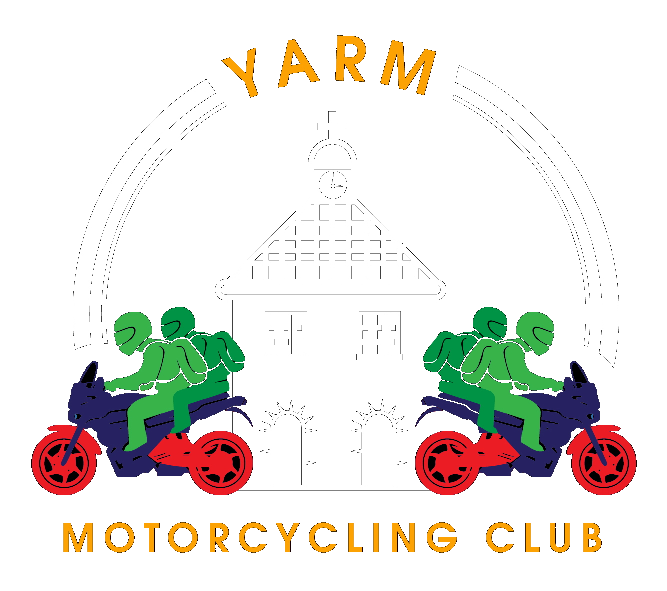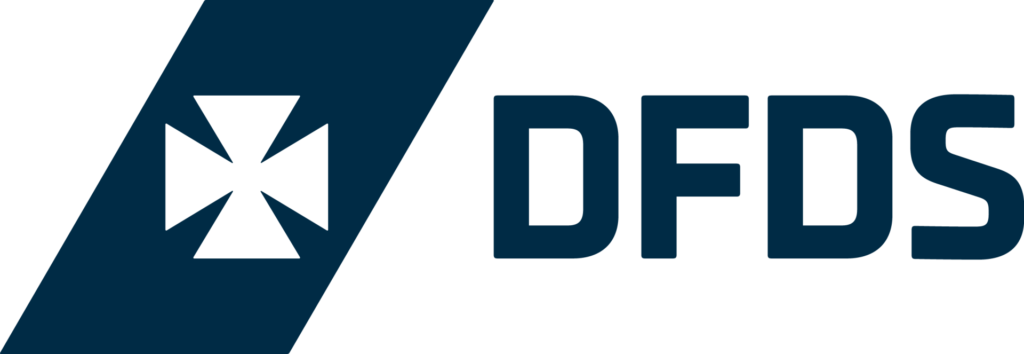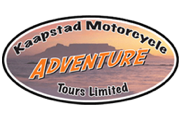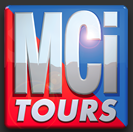Many club members have toured abroad and below are a few tips that are well worth knowing to make life a little easier when planning a trip to the continent especially with regard to essential documentation.
Useful Tips for European Travel
Government guidance on driving in the EU can be found HERE.
Passport: A passport (obviously) is necessary, especially if you want to get back into Britain without having to claim “Asylum”. A passport is also required to register at many continental camp sites and hotels, and unless you pay in advance you will most likely have to leave your passport at the desk until you check out. A very useful document to have is a “Camping Carnet” (see below) which most camp sites will accept instead of a passport.
Driving Licence: A full driving licence is required – a provisional is not accepted.
International Driving Permit (IDP): If you have a photo ID driving licence then most countries within the EU do not require you to have an IDP. Check the Govenment website for a full list of countries and requirements HERE.
Vehicle Registration Documents (V5C): All E.U. countries require that you carry the original V5C (not a photocopy) or a letter of authority from the vehicles owner if it is not your own vehicle and/or a Vehicle on Hire Certificate (VE103B) if it is a company or a hire vehicle. Our own Customs and Excise can get pretty stroppy if you can’t produce your vehicle documents when asked to do so on return and the French police can actually detain you if you can’t prove ownership of your bike.
Insurance : As of the 2nd August 2021 you no longer need a Green Card when traveling in Europe. It’s best to advise your insurance company where you are going and for how long. All insurance companies will provide the minimum cover required within the E.U. but if you have comprehensive insurance many will extend it to give you up to 60 days full cover in Europe as long as you let them know when and where you are going. (Carry your Insurance Certificate with you and also your M.O.T. Certificate just in case).
Accident Document: Obtainable from your insurance company or broker and must be completed in the event of an accident.
Health Insurance Card: For the majority of people the old European Health card has been replaced by the Global Health Insurance Card (EHIC). It must be produced in E.U. countries if you are taken ill and wish to claim treatment via reciprocal health agreements. The new card is valid for either 3 or 5 years and is free of charge. It can be obtained on-line HERE.
Camping Card International: The CCI or Camping Carnet is well worth having with you as it entitles you to some good discounts at many camp sites and tourist attractions in 11 countries and is accepted as ID at most camp sites. Many campsites on the continent require you to leave your passport at reception unless you pay in advance but the CCI card is accepted instead of a passport. The card is valid for a year and can be obtained from the CCI web site and a number of camping/caravaning organizations etc. It will cost about £5.50p (please check site for current cost) for the year but the cost can generally be recovered via the discount on site fees available at many sites. The CCI web site lists many campsites throughout the continent and is well worth a look if planning a trip, click HERE to visit site.
Travel/Breakdown Insurance: Check with your current breakdown cover provider before going abroad as it may not cover you whilst you are away. Many companies offering travel/medical cover class motorcycling as a high risk pastime, (such as skiing), and either won’t cover you or will require an additional premium. Some insurance brokers offer UK/European accident/breakdown cover as standard with their motorcycle policies, check you policy details.
Vehicle Country Sticker: The old GB sticker’s need to be replaced with a UK sticker of the “correct size” and must be on the back of the vehicle although if you have a modern number plate with a UK and Union Flag marking then this is accepted anywhere in the E.U.
Medical Kit: A suitable Medical or First Aid Kit is a requirement on the continent, (the police could actually check to see if you have one). Much cheaper than buying a kit from the chemist is to use a suitable Tupperware or similar, or even cheaper, a plastic ice cream or margarine container and put together your own kit from a supermarket .
Spare Light Bulbs: Again a legal requirement on the continent, (but a sensible one).
Warning Triangle: Definitely a requirement for a car but appears to be optional for a motorbike, (where are you going to carry it on a bike anyway).
High Visibility Vest/Jacket Since Jan 2008 it has been compulsory in France to carry high visibility vest/jackets in a car for all occupants. It is not certain if this applies to motorcycles or not but for the room one will take up it would obviously be sensible to carry one in the unfortunate event of a breakdown. There was an attempt by the French authorities to introduce a requirement for all motorcyclists to wear Hi-Vis vests at all times but this has now been withdrawn. However there is currently an intention to require motorcyclists to have a reflective patch on their clothing and this is expected to be in force from 1st January 2013. Clothing must have a minimum reflective surface of 150cm2 (approx 23 square inches) in total, either in one piece or in several pieces, and must be worn between the neck and waist.(As a guide an area approximately the size of a CD Sleeve would comply).
Accessory Socket: Really useful when camping to power a small light or any 12v accessory but also handy to charge a mobile phone at any time. Maplins do a good flush fitting one, (suitable for bikes with fairings), with a waterproof cover for £6.99 (part no. WD68Y Car Acc Panel).
Swiss Army Knife: Yep – the best thing I’ve ever bought. On a camp site in France one evening with two bottles of wine and no corkscrew – never again. Cheapest place to buy one is France, much cheaper than England or Switzerland. Get one with all the “bells and whistles” and it’s like having a toolkit.
Mobile Phone: Most mobile phones will work on the continent but many will need to be “enabled” to do so, usually just a matter of calling your network provider. Beware however, it is more expensive to use a mobile phone abroad. Costs vary so check before you travel. Many people don’t realize that if someone phones you whilst you are abroad not only will they have to pay to make the call but you will have to pay to receive it.
Puncture Repair: No one wants the inconvenience of waiting for help should you get a puncture. A small repair kit and some compressed air won’t take up too much additional room but could get you back on your way in no time. Repairs are only temporary, speed and distance should both be kept to a minimum and tyres should be replaced as soon as possible.
Tie Downs: Of all the ferry companies I have used only the British registered companies actually tie down your bike with decent tie downs. Some of the other non British companies either use lengths of oily rope, with no thought paid to the possible damage to your bike, or will at best point to where the oily rope is and leave you to tie your bike down yourself. Take a couple of decent tie downs, quite cheap in Halfords or most motorcycle accessory outlets. When not on the ferry they are just as useful for lashing extra gear onto the bike.
Formule 1 Hotels: Formule 1 hotels are all over France and many other EU countries and are well worth considering to save putting up the tent if you only want to stay one night. They are basic but cheap and nearly every major town has at least one, usually located in the business parks adjacent to main roads so they are easy to find. Whenever you book a room ask for secure parking for the bikes – there usually isn’t any – but they often give you a room on the ground floor where you can park the bikes underneath the window and the best bit is you don’t have to carry loads of gear through reception and down corridors, you simply pass it all through the window and save all the effort.
Ferries: Before booking any ferry crossing spend a little time looking around for any deals or discounts that may be available. MCN (Motorcycle News) offer some really good deals from time to time, however they are often timed around particular biking events (MotoGP, World Superbikes at Assen for instance), and usually have time restrictions, but even so, if you can tie them into when you want to travel there are some good savings to be made. Booking through the Internet usually attracts some sort of discount and it is probably the best place to check out a wide range of crossings etc.

















